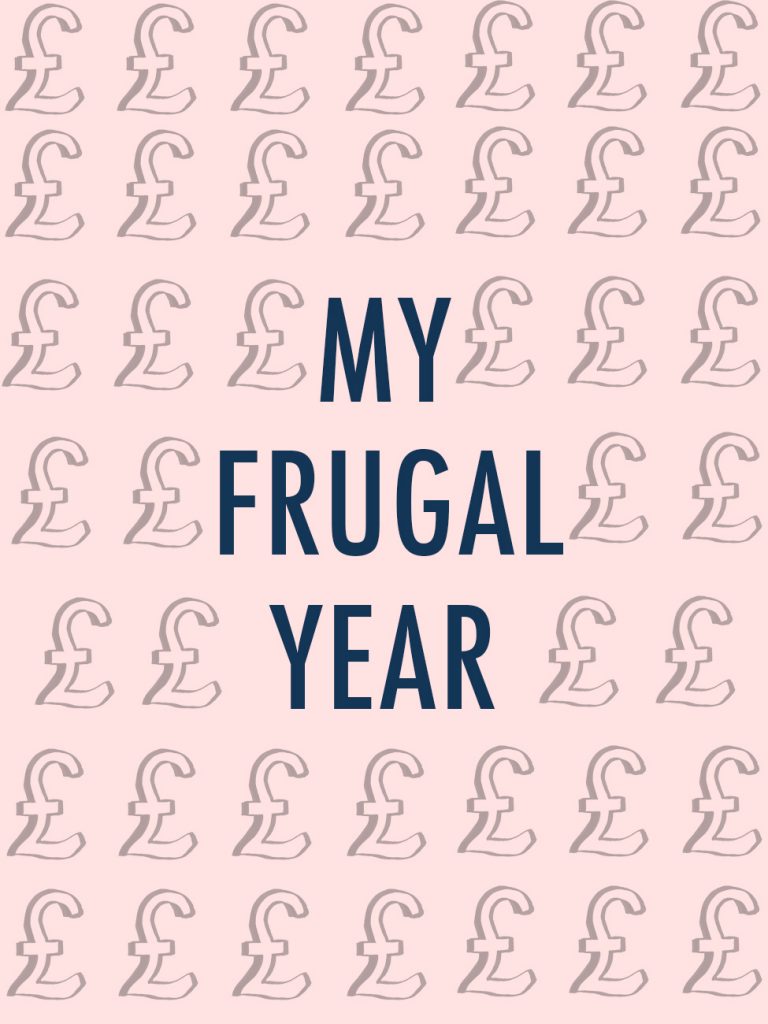
I had over £25k of credit card debt, spread over seven different cards, and a £2k overdraft that I was past the hilt of. If you’d asked me then how I got there, I couldn’t have told you – like when you drive to work tired and can’t quite remember the route you took
A few months ago I noticed a high street bank’s campaign about the importance of talking about money – even when it’s hard to get the words out. Thanks to books in 2019 like Alex Holder’s Open Up: Why talking about money will change your life there have been great steps towards starting to link money and well-being in a way that hasn’t been done before, exploring the ‘why’ behind our spending, saving and borrowing habits. There’s still a long way to go towards financial transparency today, but the fact that high street banks are beginning to latch onto this, gives me hope that things are changing.
Because it’s already difficult to talk about money, it’s really difficult to talk about debt. You might have noticed that I haven’t really introduced myself properly, and there’s a reason for that – for the time being, at least, I write anonymously. In mid-March of last year, I found myself on the phone to a customer advisor from my bank, attempting to explain to her that I really couldn’t see a way out of my unarranged overdraft until payday. I was trying so hard to hold back the sobs that my throat ached, and I knew that things had to change.
I had over £25k of credit card debt, spread over seven different cards, and a £2k overdraft that I was past the hilt of. If you’d asked me then how I got there, I couldn’t have told you – like when you drive to work tired and can’t quite remember the route you took. It was only once I started unpeeling the layers of my relationship with money (both earned and borrowed) that I began to understand how toxic my habits had become. I felt ashamed that I had let things get this dire, and that I was too bright to have continuously put frivolities ahead of my family’s future, with no real regard for the consequences. It was a low point.
I’ve never considered myself as ‘good’ with money. I never really considered its importance in building a life for myself and was careless with it from childhood. I rinsed my student overdraft without a second thought and, when I started my first job on £16k/year in an expensive city, I treated my wages like pocket money. I had no idea how to budget, and was quickly reeled in by payday loan companies, a cycle which I was only able to break with the help of family. It seemed that no matter what a financial pickle I got myself into, there was always a bailout – some birthday money, a tax rebate, or a handout from a relative – so, while I would vow in the moment to be more careful with my cash, my habits never really changed.
I moved on in my career and until earlier this year, I was working for a high-end interior brand, living in a world of high-brightness, low-saturation #interiorgoals and allowing myself to feel steadily more inadequate. As a renter amongst the impossibly quick renovations, perfect patterned tiles and Farrow & Ball colour schemes on social media, I felt the urge to compensate with bunches of £3-per-stem peonies, expensive but flimsy Scandinavian-designed furniture and impractical pure wool rugs. In addition our wedding, which was sandwiched between two babies, was small but pricey, and although I was savvy where possible, I fell into the trap of needing everything to be insta-perfect. On top of that, everything from the photographer to the flowers ended up costing more than anticipated. While my wedding was wonderful, and I refuse to regret it, on a bad day I wonder how things might be different if I had considered how it would look on my credit card statement, rather than how it would look on my grid.
I fell into the trap of needing everything to be insta-perfect
That phone call in March was simultaneously a breaking point and a turning point. I knew something had to give, and that the change needed to start with me. I set up an anonymous Instagram account with the handle @myfrugalyear – based purely on my recognition that the next year, at least, I needed to bootstrap and to document paying off my debt, in the hope that a few like-minded strangers might give me a nudge if I started to veer off track. I couldn’t have predicted that so many others out there were feeling like me, racked with guilt and shame, weighed down by big debt and reaping the consequences of trying to live an insta-perfect life. I received hundreds of messages of relief from people who no longer felt alone, and the effect of that was to make me feel less alone – and more capable of tackling it too.
As I write now, five months along the winding path to having less debt (I’m eschewing the term debt-free, as I may always have a car on finance, or a small credit card bill) I have wiped almost £6k off my debt through a combination of changed perspective and small, daily tweaks to my habits. I haven’t bought anything for myself in months, which is hard at times, but I’m finding new ways to practise self-care. We have a running list of things that we need for the house, but they can wait until we have real money, not credit to pay for them. I am discovering delayed gratification rather later in life than some, but to me, it feels like a small act of rebellion in our one-click, next-day-delivery society.

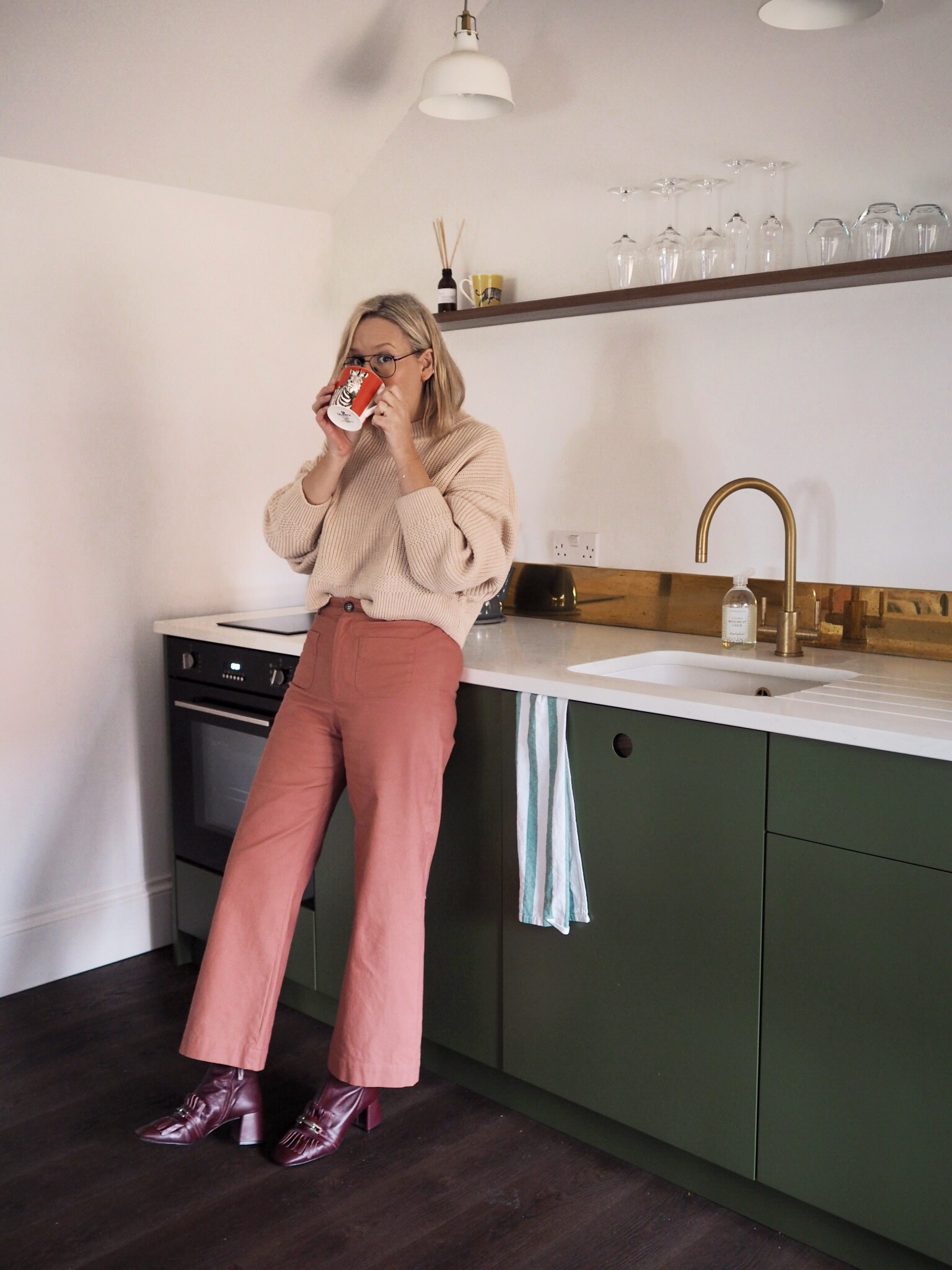
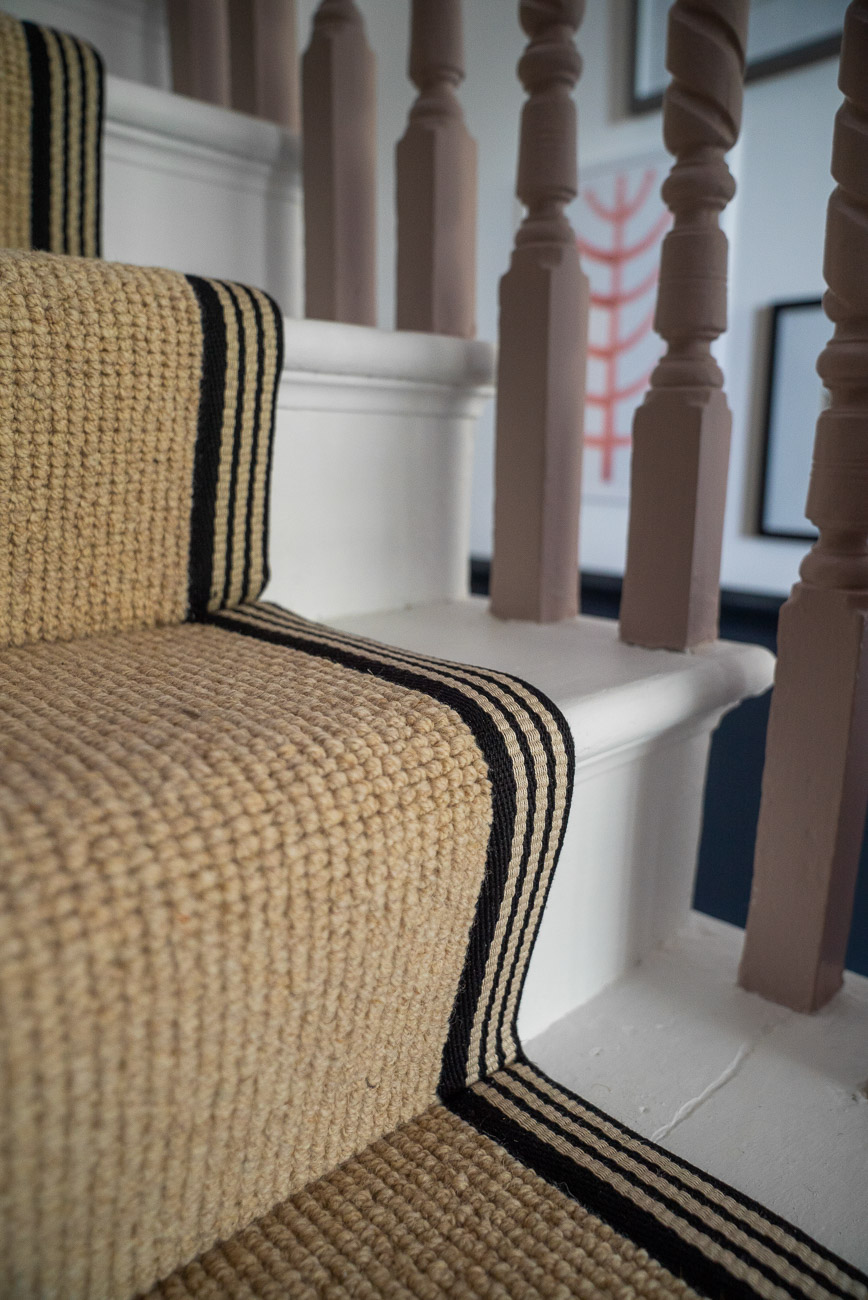





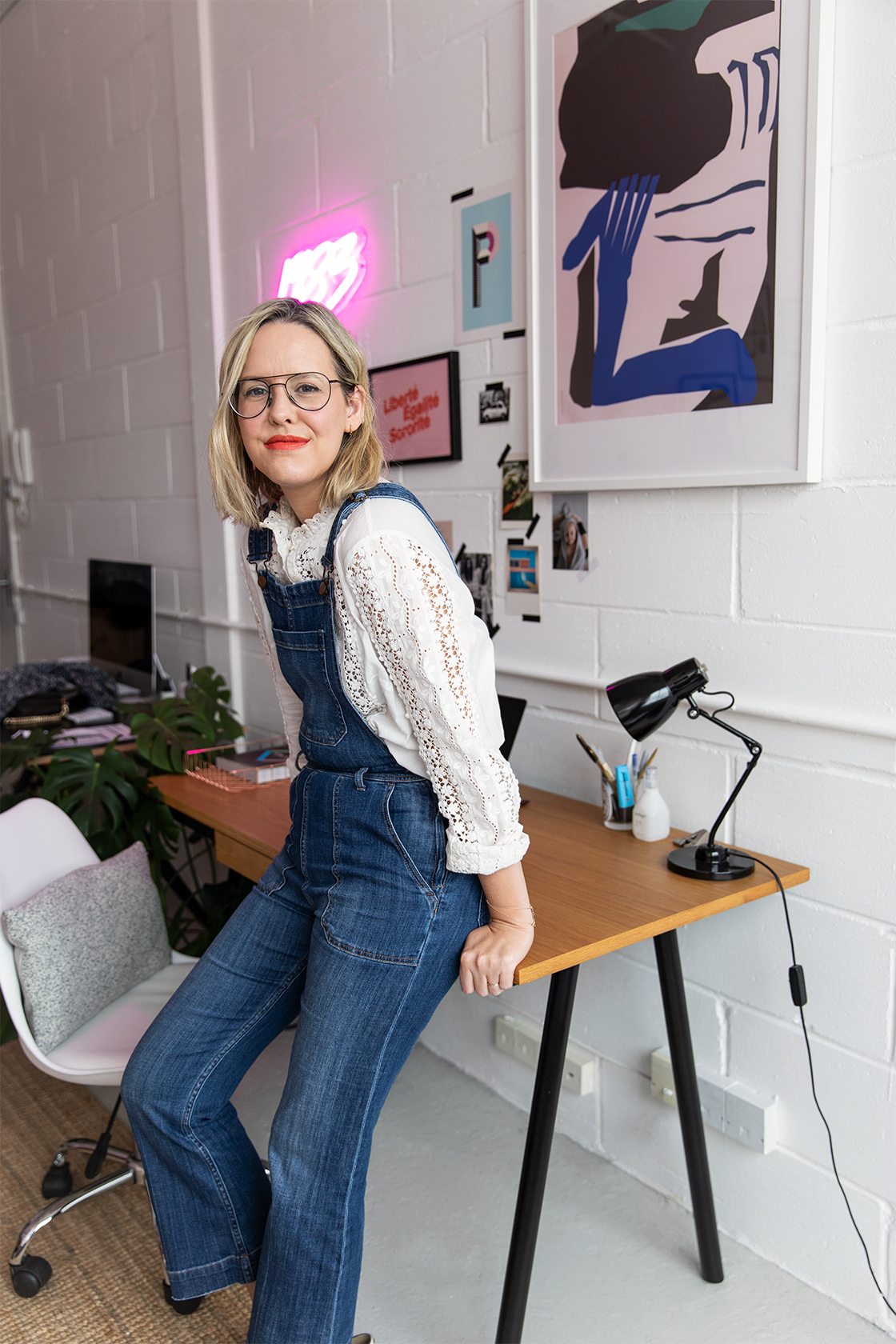

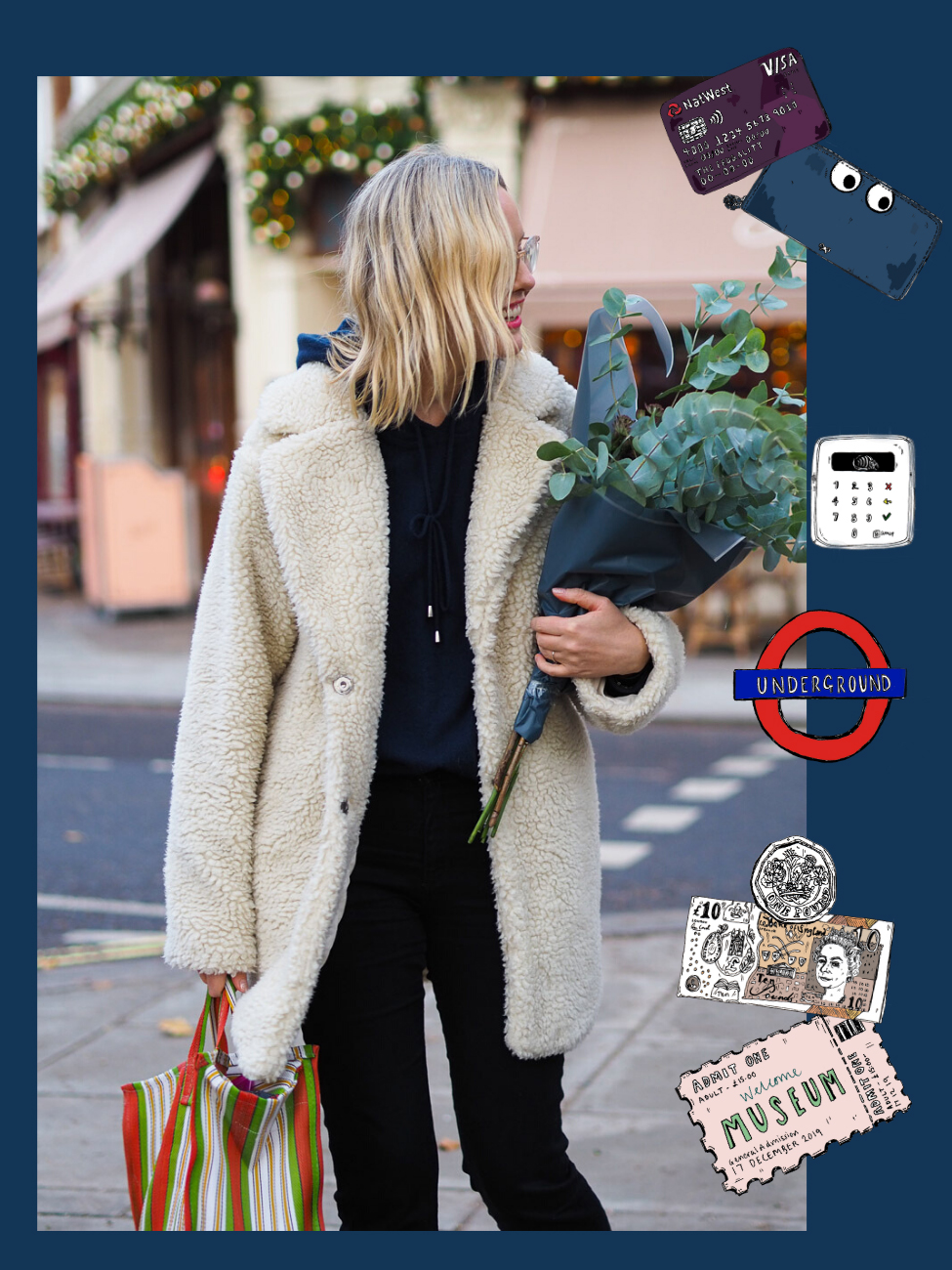
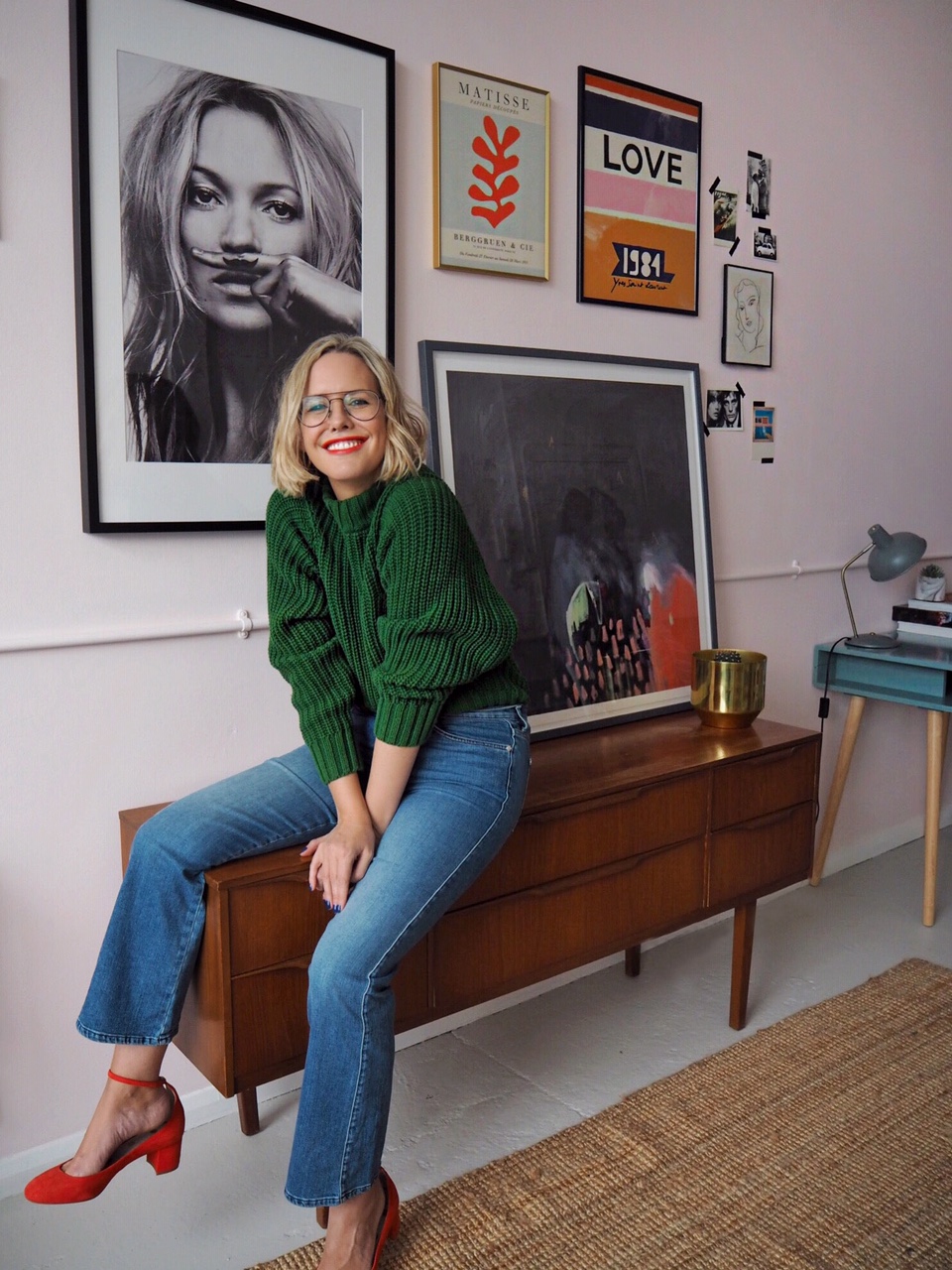



Luckily in my family, we always discussed money. But it was always how much we don’t have and how much everything costs. This made me very cautious with my money from a young age and value what I have and make (especially when you get your first job and earn minimum wage and realise that coffee you bought on the way to work is one hour of said work). Maybe it is most important to figure out the best way to learn and teach about money and budgeting from a young age thereby influencing your habits as an adult.
Yes, I think it’s more on the curriculum now, as it never was for us growing up! x
Love that comment that we talk about money but not debt. Well done for being brave enough to be out there! I grew around our a family shop and ‘sold’ my first item proudly stood behind the counter, to my grandpa, when I was aged twelve. So in one way we did talk about money but never about debt. Like you, I too learned the hard way with credit cards, loans on top of student loans, over-overdrafts. I think it was just immaturity on my part and subconsciously knowing that someone would bail me out.
Thankfully, and perversely now that I’m more independent the thought of ‘out of control’ debt scares me enough to keep a firm grip of my money and prevent or minimise any debt (even throughout the lean months).
You’re GREAT! Really, I loved this honest post and the new IG account. Step by step you will accomplish your goal. You are also an example to follow, human, you have some debt and you are working on solving it. I have to work on saving… my account at the end of the month is always a beautiful and perfect 0€ but this year I have been able to not have the account at – something €. Little achievements! I have realised that most of the stress is not for the debt but bc I was not organised and never checked the bank account…. So my goal for this 2020 is working day by day on checking my bank and on working on spending consciously the real money that I have. Lots of hugs from Barcelona, Spain.
I stumbled across your Instagram a couple of weeks ago and loved it. It’s such an important conversation to be having, especially given all the Instagram images of girls carrying the Gucci bags and box-fresh trainers. I definitely fall into the comparison game and come up short.
I really enjoy your writing and learning more about your story, thank you so much for sharing it!
This article really speaks to me particularly today. Through no fault of our own we ended up in massive debt after loosing our money to a dodgy builder & for the last two years we have had days when breakfast, lunch & dinner for me & hubby have been cup of tea & slice of toast, so that our well clothed, well fed, happy kids would ever know we were without. Today at 9.08am we received the money from our remortgage & have enough in the month to make life comfortable but I will retain the mend and make do mentality it’s taught me an important lesson I was missing before.
So sorry to hear this! But hopefuly things will get easier now xx
I didn’t know how to budget and I strongly feel that it should be taught at school.
We got a credit card when we got a mortgage, we were sort of gently persuaded into it at the bank. Due to having a moment of realisation, when I actually had nothing to show for the debt, I opted out, paying it off took a while but it was one debt less.
Now I am aware of every penny we spend – we are not silly and don’t get me wrong, we don’t begrudge our selfs but if I can’t afford it – I don’t buy it, I save for it, and for years now I ask myself ‘do I really need it’? I enjoy Instagram It is pure escapism, but I do think People buy too much into what they persevere as the perfect lifestyle that leads to regretted purchases.
Oh I completely agree – the satisfaction from saving to buy something too is so much more rewarding x
I do completely agree with you about education and about what the ideal approach is – it’s something that I’ve had to learn as an adult. Unfortunately it’s not as easy for a lot of people to get a grip on it in time for a number of different reasons, and the language around debt is very shaming and judgmental a lot of the time.
I really believe that most people with big debt aren’t ‘silly’ or irresponsible, rather they have a complicated and unhealthy relationship with money that needs to be rectified without shame or judgment.